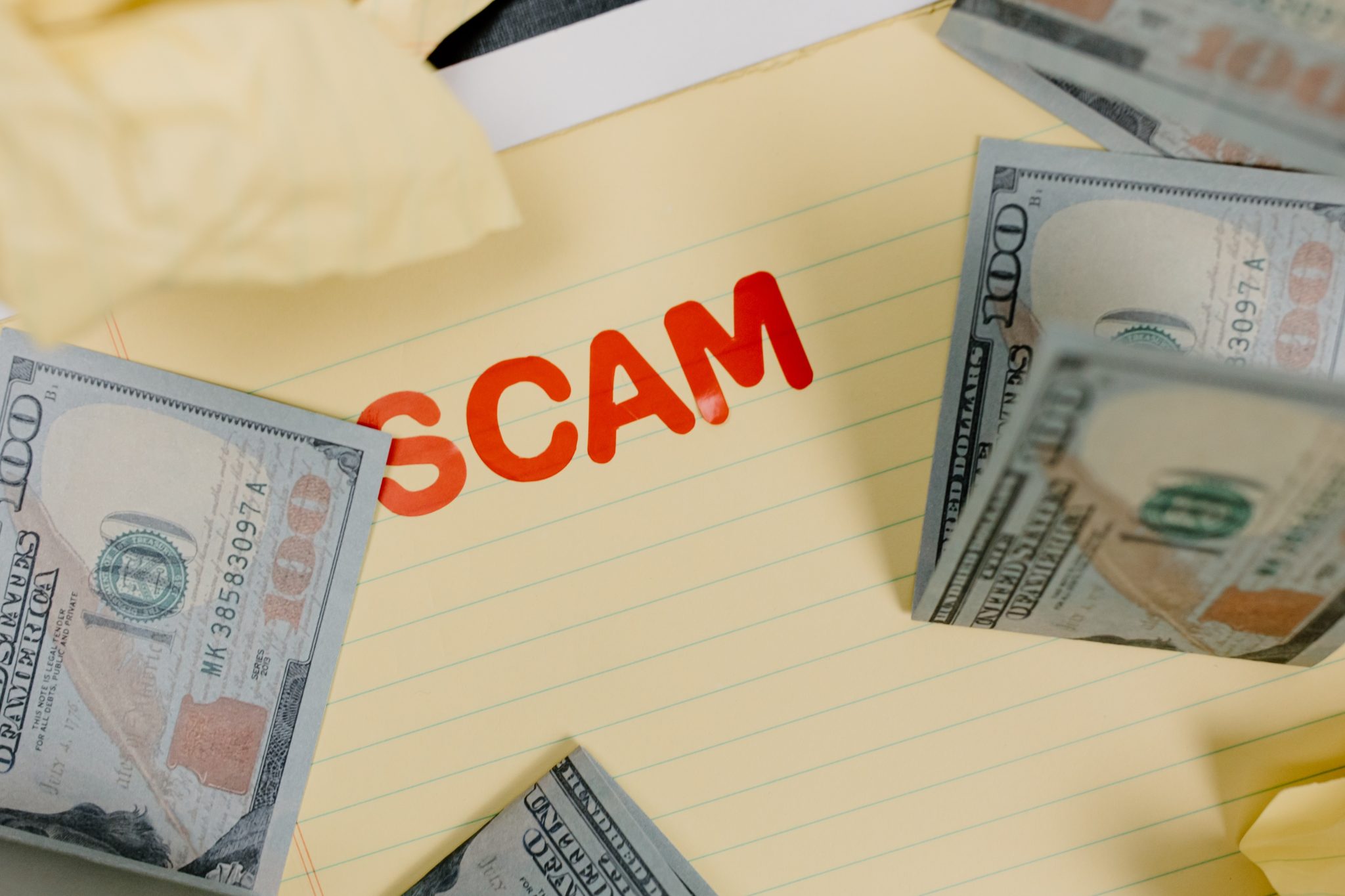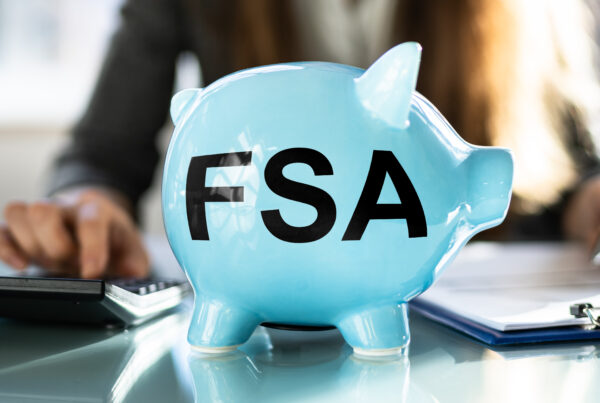By Barbara O’Neill, Ph.D., CFP®
Scams and frauds are pervasive today thanks to the internet and social media. Victims can be reached and defrauded online by bad actors located far away. The holiday season ups the ante even more. People are busy, tired, and distracted and may fall prey to pitches to buy hard-to get items resulting from supply chain issues. The pandemic adds another opportunity for fraud: fake COVID-19 tests, vaccines, charities, and government benefits.
No matter what year it is or what time of year, there are similarities among all types of frauds. They include: unexpected requests from unfamiliar entities, promises of a big, unexpected reward or a big threat, a sense of urgency to act quickly, and requests for untraceable payment methods such as wire transfers and gift cards.
Below is a brief summary of 16 scams and frauds for military families to be aware of:
- Account Verification Scams – Victims receive text or e-mail alerts, seemingly from a bank, asking them to verify their bank account or credit card number for the purpose of committing identity theft fraud.
- Advance Fee Scams – These frauds promise a share of “hidden” money from a suspicious source in return for using the victim’s bank account to transfer the cash. Instead, victims’ bank accounts are cleaned out.
- Car-Related Scams – These scams, often via phone calls, sell fake or useless warranties or car repair services.
- Credit Scams – False promises of repair services for a bad credit history after payment of an upfront fee.
- Facebook (FB) Friend Scams – A red flag is receiving a FB friend request from someone you are already friends with. Accepting the request may mean that victims have friended a scammer who could defraud them.
- Fake Government Correspondence – E-mails, letters, or phone calls purporting to come from a government agency (e.g., the IRS and FBI) that request bill payment or another type of financial transaction.
- Fake Prizes and Gifts Scams – Scams that request a “small fee” in exchange for a big fake prize or gift.
- Loan Scams – False promises of fake personal or business loans available after payment of an upfront fee.
- Online Shopping Scams – Victims pay in full up front for merchandise that is defective or never delivered.
- Phishing Scams – E-mails that solicit personal data by pretending to be from a company or organization.
- Phone Scams – These include fake government agency calls, fake charity calls, and “expired computer software license” calls, all designed to solicit money and/or personal identification information.
- Recovery Scams – Scammers contact previous fraud victims and offer to recover money that was already lost.
- Romance Scams – Fraudsters build “relationships” with victims online and then ask for help in an emergency.
- Scholarship and Financial Aid Scams – Fraudulent “scholarship search companies” charge an advance fee for a customized search of financial aid opportunities. Victims receive nothing or a worthless list of resources.
- Tech Support Scams – Victims receive a pop-up message on their computer claiming to be from companies like Microsoft or Norton. It says they have a “problem” and includes a link to install malware and steal data.
- Work-from-Home (WFH) Scams – Victims are promised a WFH job in exchange for payment of an up-front fee for “supplies and materials.” Upon paying the fee, they receive nothing and there is no job opportunity.
In summary, if something sounds too good to be true, it probably is. An example is “winning” a prize in a contest that you never entered. The CFPB has additional information about scams that target military families.
Photo by Tara Winstead from Pexels















